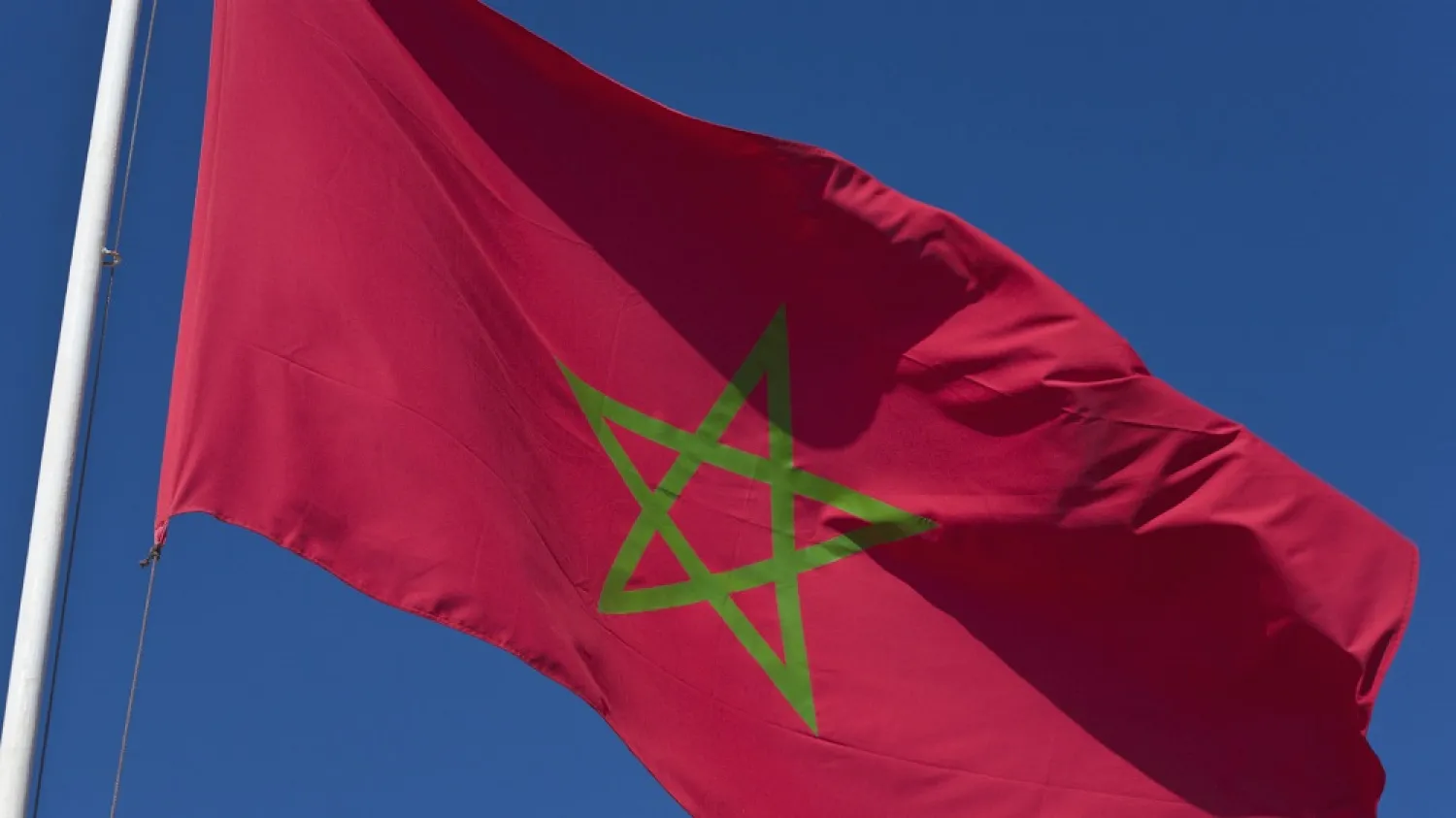Morocco welcomed on Thursday Peru’s decision to withdraw recognition of the Polisario’s self-proclaimed Sahrawi Arab Democratic Republic (SADR).
Peru announced the decision after a "recent telephone conversation" between Foreign Minister Miguel Rodriguez Mackay and his Moroccan counterpart Nasser Bourita.
Lima and Rabat "agreed to strengthen their bilateral relations through the immediate signing of a multisectoral roadmap that will include regular political consultations, effective cooperation in the economic, commercial, educational, energy and agricultural fields," a statement by Peru's Ministry of Foreign Affairs read.
Morocco's Ministry of Foreign Affairs said Rabat "welcomes the decision of the Republic of Peru to withdraw its recognition of the pseudo 'SADR' and to support the territorial integrity of the Kingdom and its autonomy initiative."
The Kingdom said the move opens a new page in relations with Peru.
It will allow the deepening of political dialogue and strengthen cooperation, especially in the areas of agriculture and fertilizers.
Many countries have withdrawn their recognition of SADR, the ministry recalled, siting King Mohammed VI's efforts in that regard.
Of the 193 member countries of the United Nations, 84 percent do not recognize the so-called republic that was declared in 1976.
A Sahrawi soldier waves the Sahrawi flag during a parade marking the 45th anniversary of the declaration of the self-declared Sahrawi Arab Democratic Republic (SDAR), at a refugee camp on the outskirts of Tindouf, Algeria, on Feb. 27, 2021. (AFP Photo)









